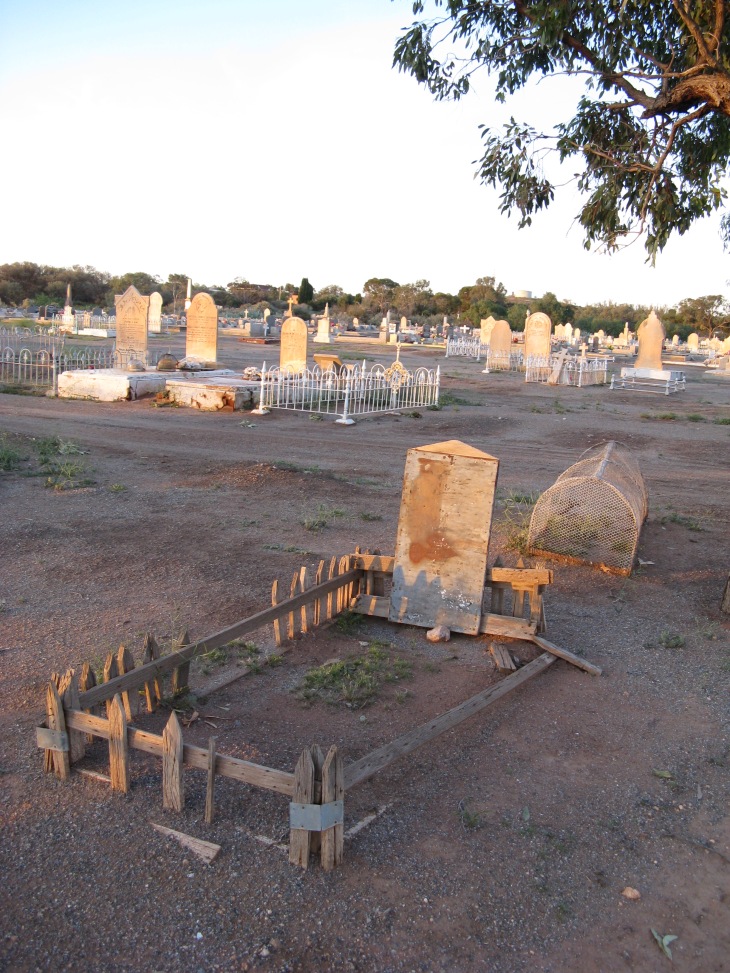
Yesterday, Mouse and I were strolling through a park near Parliament. Mouse seemed rather glum, so I asked him there was anything wrong.
” The other day, Rey,” he said, ” I was doing a bit of research for a speech I was writing…”
“Who were you writing it for, Mouse?”
” You know I can’t tell you that. But think of the dumbest most duplicitous MP, and you’ll have guessed it.”
“The Prime Minister!” I quipped.
” Cut it out, Rey! Do you want to hear this story or not?”
“OK, shoot!” I said.
” Where was I…Oh, yes. I was looking at online news stories about the main topic of the speech. As usual, they distorted the facts, or made up ‘alternative’ ones, and failed to understand a thing about what was really going on behind the scenes, but then I got onto the ‘comments, section, which I don’t normally look at. Whoah! I said to myself, this is crazy. It was Wild West time. No one seemed interested in the facts or in whether their arguments, plausible or implausible could be supported by logic or evidence. They just wanted to score. ”
Mouse looked at me with horrified eyes, “It was like looking at myself[…]”
“How is that different from what we have always done?” I asked.
“Its completely different, Rey. I mean, Rey, that everyone had a point of view, right. That’s not new. And that meant that each person saw things at least a little differently. But you felt you could maybe get a fairly rounded view if you went round the viewing circle, 360′, and put all the views together. You could do that because most people were only dimly aware of how one-sided their viewpoint was. They were mostly feeling that they were telling something roughly true, even if a bit was being left out and there was a bit of exaggeration. If you called them liars they would be indignant. Its not like that anymore.”
I had never seen Mouse so despondent. “What is it like, Mouse?” I asked.
” I think its the things in society that have increasingly worked against real education that’ve done us in, Rey. Though, probably not for want of schools trying to teach people that truth isn’t always so simple to find and that you need to balance imperfect knowledge with doubt. Somehow the negative culture outside the school rather than an idea of balance and limited scepticism has won out. Nearly everyone under 50 has been told at school about advertising and its tricks, but they have taken that too much to heart. If you are under 40 you have probably heard all about ‘ideology’. Problem is the tendency to make schools into economic devices for rationing life-opportunities mean there was less and less room for ‘clear thinking’ and ‘kinds of evidence’, and about the remedies for too much ideology. Fewer people believe in ‘truth’ anymore. Most under 30s doubt there is such a thing. Now, I’m not saying there ever was, Rey, in any absolute sense, but people once believed some kind and degree of truth was possible. They had this ideal of truth. Maybe from an ideal view of science or maybe from an idea of ‘common sense’, even from religion. They still hankered after the truth. Now, many people have given up on it”
” There’s a difference between doubting that perfect and complete truth is possible, Mouse, and deliberately ignoring the idea altogether.”
“Yes. You’re right Rey. But what’s happening more and more is that when you give up on the truth you don’t just shut up and say nothing, you say anything, anything at all, as long as it gets you what you want.” Mouse said.
” What you’re saying, Mouse, is that when you give up on truth its only a small step to longer be bothered by lies.”
“Exactly! We didn’t just lose a good thing, the ‘truth’, we lost a bad thing, the ‘untruth’. Now, anything goes and whatever you say it is neither good or bad, only useful or not, and that’s what worries me. Professionally, I mean. I’m starting to feel like the doctors. Everybody is diagnosing themselves, making up imaginary diseases and worse, imaginary cures. I don’t know what to do, Rey.”
“Why don’t you try to turn it around, Mouse. Give up putting a spin on half-truths, and start being a bullshit-caller, a fact checker. There’s a lifetime’s work there, Mouse. Although I don’t know how you could make it pay.”
“I’ll find a way, Rey. I’ll find a way. Thanks for that Rey, I needed that. Maybe I can just slip the facts in quite subtly so people don’t know they’re being told the truth. This requires some thought, Rey.”
“That’s another thing, Mouse. Thought. Maybe it will catch on again. You know, Mouse, logic, evidence, a degree of scepticism, examination of different people’s arguments, respect for your fellow inquirers, acknowledging you have your own biases. Nuance, Mouse. All that stuff.”
“Rey, you are a tonic. An absolute tonic. I had almost given up there for a while.”



















